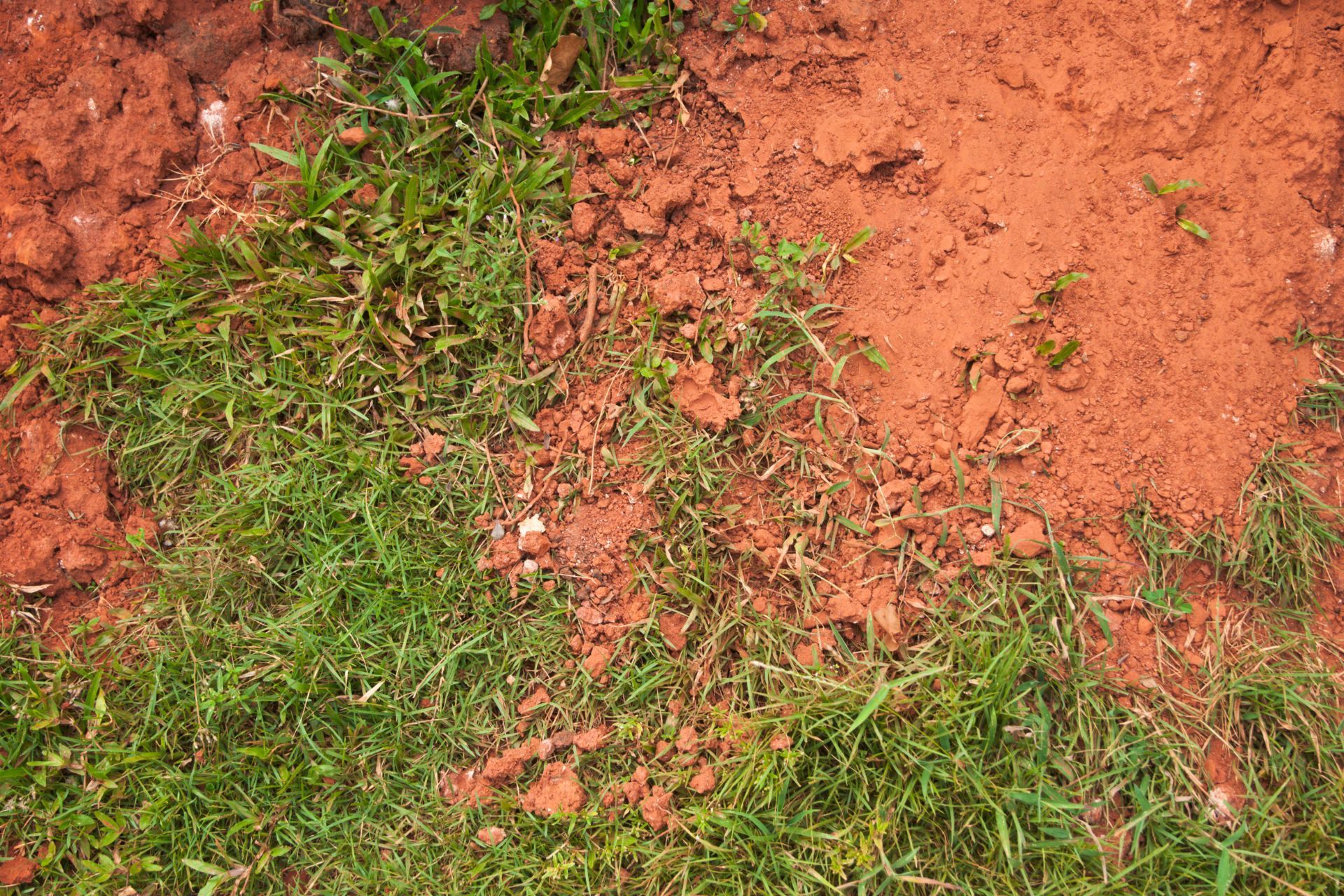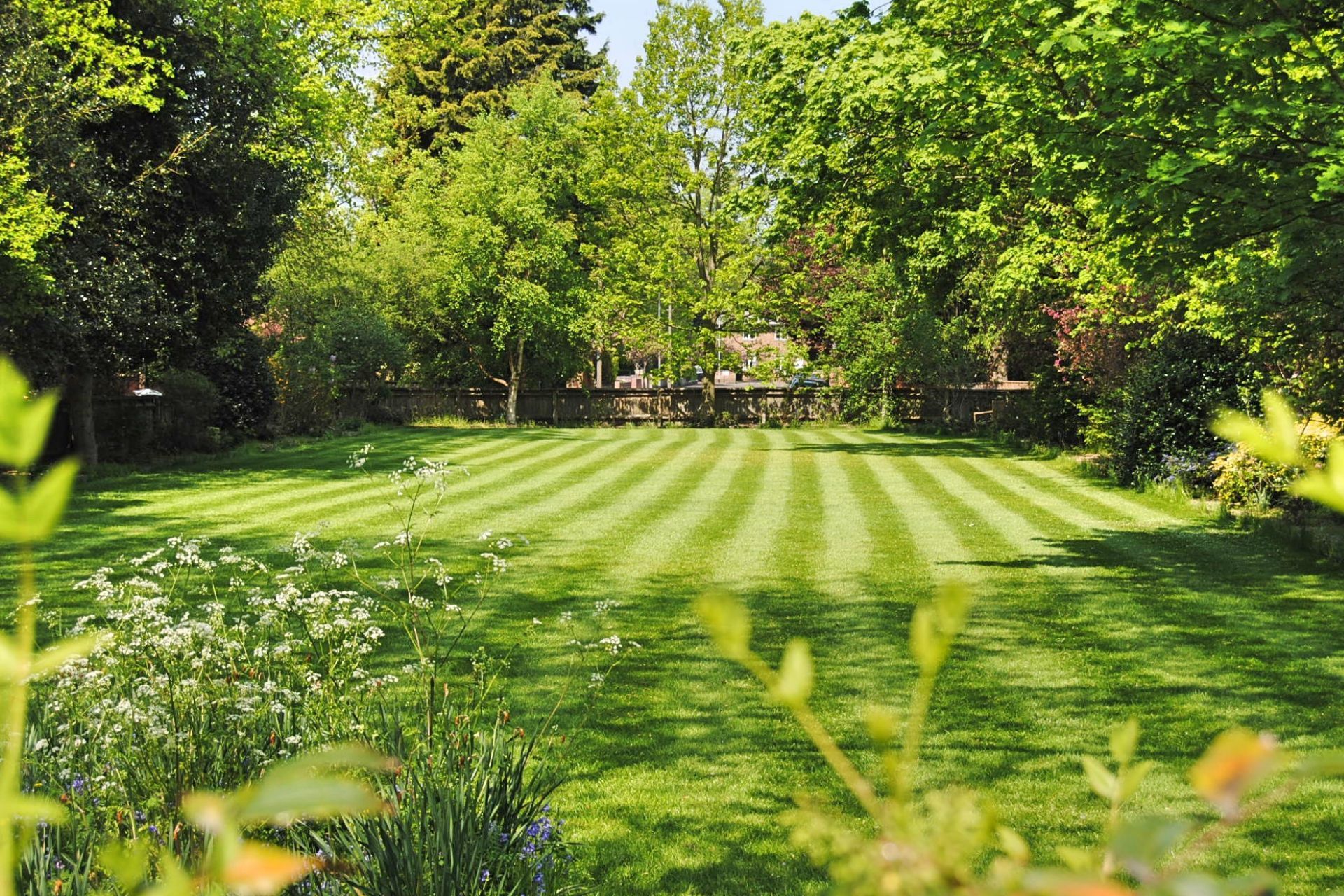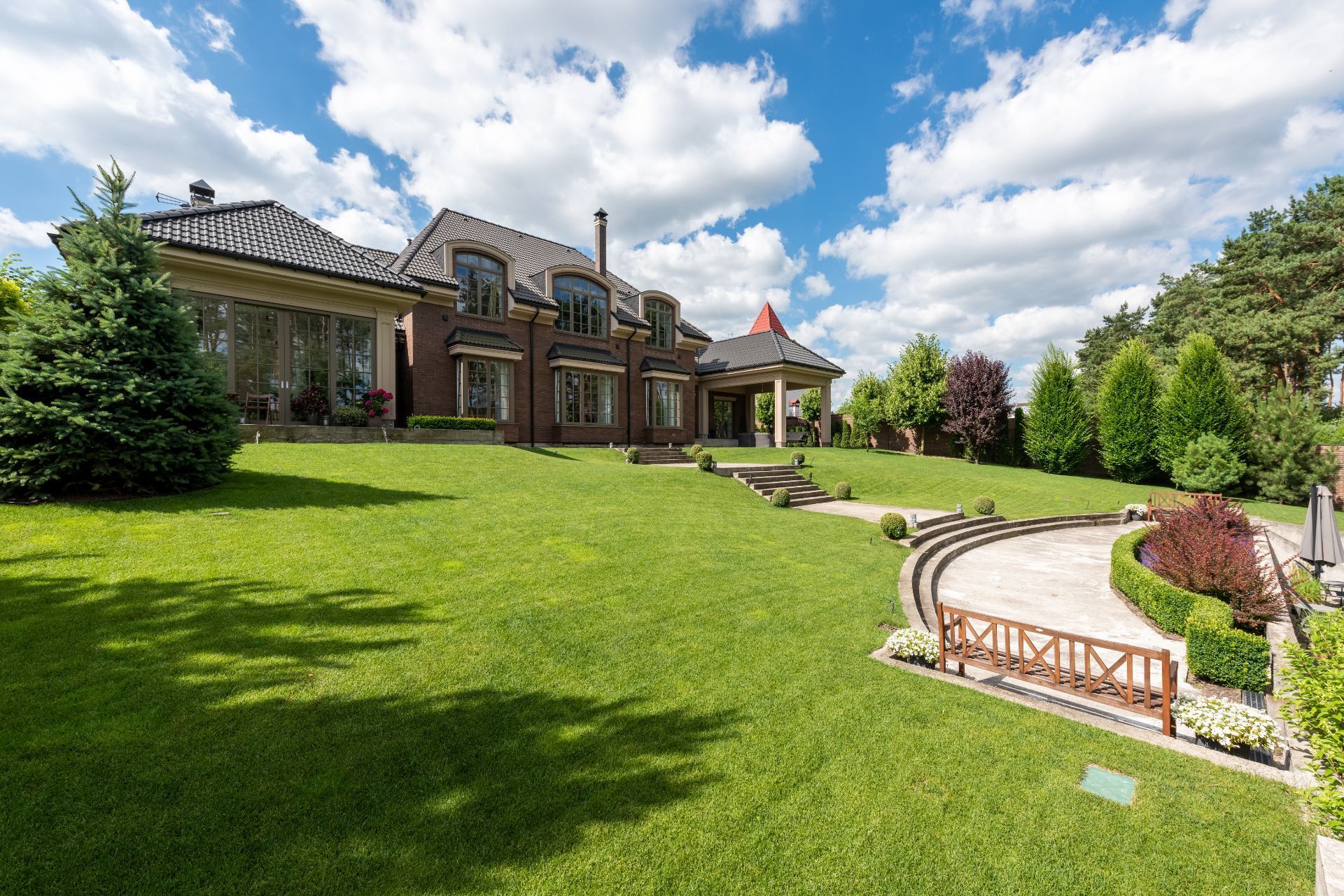Taming Georgia Red Clay: Soil Amendment Tips for Healthier Lawns
Achieving a lush, healthy lawn in Athens, GA, can be challenging, especially with the region's notorious red clay soil. This dense and nutrient-poor soil requires special care to support vibrant grass growth. At Dead Silent Lawn Care, we specialize in transforming red clay into fertile ground through effective soil amendment techniques. Here’s how you can tame Georgia’s red clay to nurture a healthier lawn.

Understanding Georgia Red Clay
Georgia's red clay is known for its distinctive color and challenging gardening traits. Understanding its properties is crucial for effective amendment.
Characteristics of Red Clay
High Density: Red clay is compact and heavy, which makes it difficult for air and water to penetrate.
Poor Drainage: The soil’s density leads to poor drainage, resulting in waterlogged conditions that can suffocate roots.
Nutrient Deficiency: Red clay often lacks essential nutrients needed for robust plant growth and requires amendments for enrichment.
Tips for Amending Red Clay Soil
Transforming compact red clay into a garden-worthy foundation involves strategic amendments and techniques.
1. Aerate the Soil
Process:
Use a core aerator to punch holes in your lawn, improving air and water movement through the soil.
Benefits:
Aeration reduces compaction, allowing roots to access water and nutrients more effectively.
2. Incorporate Organic Matter
Materials:
Add organic matter like compost, aged manure, or shredded leaves to the soil.
Benefits:
Organic matter improves soil structure, enriches nutrients, and enhances microbial activity that is vital for plant health.
3. Apply Gypsum
Usage:
Spread gypsum over your lawn to help break up clay particles.
Benefits:
Gypsum doesn’t change soil pH but assists in clay particle dispersion, improving soil texture and drainage.
4. Utilize Sand and Grit
Method:
Mix coarse sand or grit into the clay to aid in improving drainage and reducing compaction.
Benefits:
These materials create larger pores in the soil, facilitating better airflow and water infiltration.
5. Plant Cover Crops
Selection:
Consider planting cover crops like clover or rye grass during off-seasons.
Benefits:
Cover crops enhance soil organic content, minimize erosion, and improve structure over time.
Long-Term Maintenance for Improved Soil
Once you’ve amended your soil, ongoing maintenance will ensure it remains healthy and supportive.
Regular Testing
Recommendation:
Conduct annual soil tests to monitor nutrient levels and pH balance. Adjust amendments based on results.
Continued Aeration
Schedule:
Aerate your lawn at least once a year, ideally in the fall or spring, to maintain soil structure.
Consistent Organic Additions
Practice:
Routinely introduce organic matter through mulching or seasonal top-dressing to reinforce soil health.
Conclusion
Transforming Georgia’s red clay into nutrient-rich soil is achievable with consistent care and strategic amendments. By aerating, incorporating organic matter, and utilizing tools like gypsum and sand, you can cultivate a lawn that thrives despite the challenges of clay soil. At Dead Silent Lawn Care, we provide expertise and services to help Athens, GA, homeowners achieve greener, healthier lawns.
Frequently Asked Questions
How often should I aerate clay soil?
Aerate red clay soil once or twice a year to maintain its looseness and improve air and water penetration.
What’s the best organic matter to use on red clay?
Compost is highly effective, but aged manure and leaf mulch also improve clay soil structure and fertility.
Does gypsum affect soil pH?
No, gypsum does not alter soil pH. It’s mainly used to improve texture and drainage in clay soil.
When is the best time to add amendments to clay soil?
Add amendments in the fall or early spring when the soil is active and more receptive to changes.
Are cover crops beneficial for lawn areas?
Yes, cover crops improve soil structure, add organic matter, and can help condition soil for future planting.


